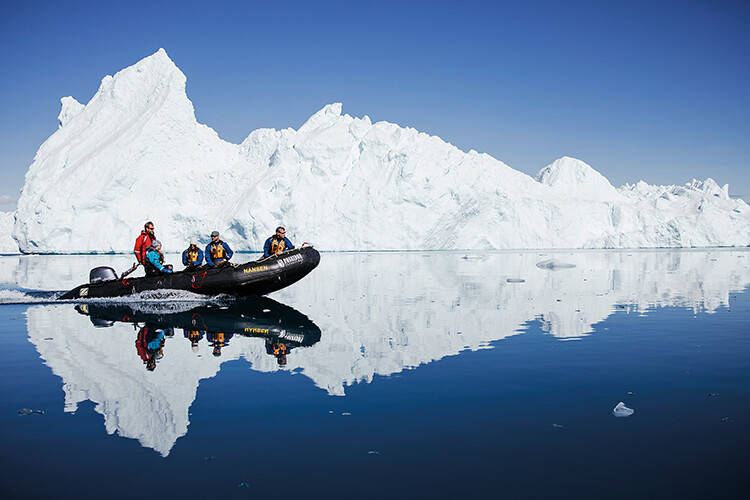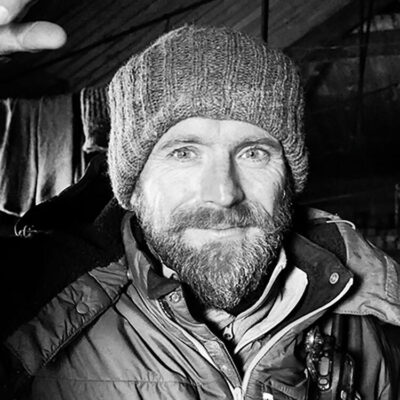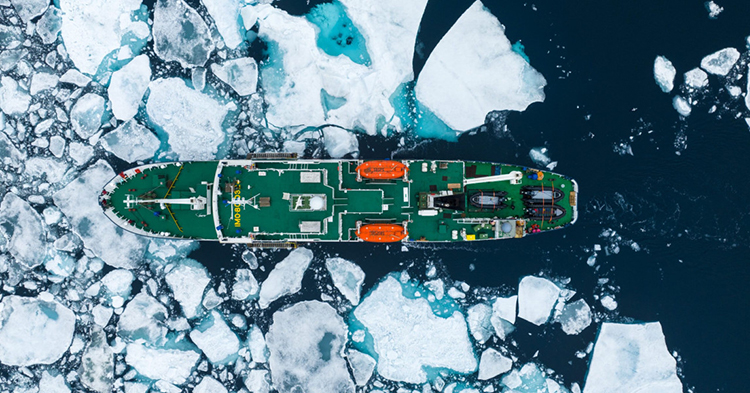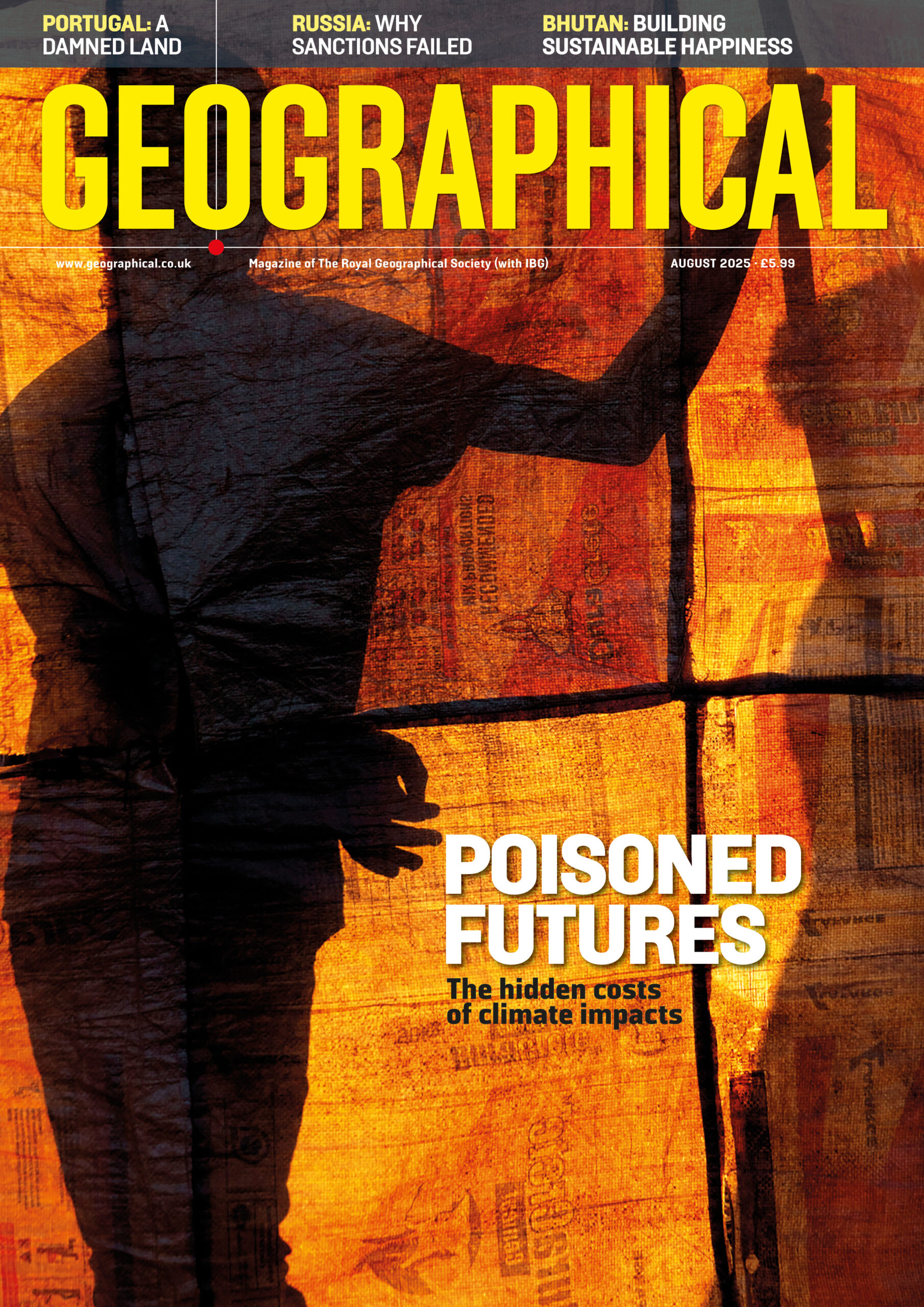Passport

Polar expert Huw Lewis-Jones talks to Bryony Cottam about travelling to the world’s geographical extremes

 Huw’s Travel Insights
Huw’s Travel Insights
• Pick your operator with care. Limit the size and frequency of your trips
• Consider taking part in citizen science expeditions
• On your return home, become an ambassador for the places you visited
You might think it’s all just ice and snow, but every single day of a polar expedition cruise is completely different,’ says Huw Lewis-Jones. ‘Every polar bear is something to be treasured and every animal has its unique behaviours; the noise of 100,000 penguins is amazing – never mind the smell of 100,000 penguins!’
The word ‘cruise’ doesn’t quite fit the reality of boarding a Russian nuclear icebreaker destined for the Arctic or the notoriously rough journey across Drake Passage to the Antarctic Peninsula, but according to Lewis-Jones, every day spent in the polar regions is a gift. A British historian with particular expertise in Antarctic and Arctic exploration, and an experienced expedition leader himself, he has spent more than a decade traversing the polar regions. For most of the travellers who accompany him on an expedition cruise, however, it’s a once-in-a lifetime opportunity to experience a place that very few people get to see.
Since the first tourists arrived in the 1960s, however, tourism in Antarctica has been on the rise, placing increasing pressure on an environment already under significant strain from climate change. ‘There’s definitely a real urgency among passengers who are travelling to the Arctic and Antarctic to bear witness to a place that’s both fragile and under threat,’ says Lewis-Jones. ‘There’s a conflict there around the desire to travel to such places – you do begin to wonder whether or not tourism is the right thing.’ It’s his job, he adds, to ensure that it’s done in the most sustainable, environmentally conscious way possible.
Currently, Antarctic tourism is a well-regulated industry managed by the International Association of Antarctica Tour Operators, which has implemented strict guidelines for its members. Lewis-Jones points to the tight biosecurity controls at landing sites in Antarctica and the pre-landing ‘vacuum parties’, during which travellers vacuum all clothing and belongings to remove any trace of seeds, soil or anything else that could introduce invasive species to a site. ‘That level of attention is something that I think separates the polar expedition industry from ecotourism in other parts of the world.’
The reality is that it’s what we all do at home that has the greatest impact on places such as Antarctica, says Lewis-Jones, but travellers looking to minimise their impact should think about limiting the size and frequency of their trips. ‘Always go small and buy less,’ he says. His next voyage – as Charter Leader of Polar Routes’ new Ultimate Antarctic Expedition cruise in January 2025 – is a perfect example: a small-group tour led by expedition experts who are committed to responsible polar tourism. ‘I would encourage people to be really selective about the operators they choose for any holiday,’ says Lewis-Jones.

One opportunity to look out for, he adds, is the chance to take part in citizen science projects. ‘Generally, all of these activities, whether it’s wildlife monitoring or doing basic glaciological research, help people to gain a greater appreciation, understanding and connection with the environment through which they’re travelling,’ says Lewis-Jones. They can also be extremely useful to science, filling in missing data that many scientists simply wouldn’t have the time or the resources to collect themselves.
‘However, what I really want from passengers is for them to become ambassadors for the places they visit,’ says Lewis-Jones. ‘You always hope that everyone who gets off the ship has been changed by their journey. The challenging bit is what we do when we’re back home.’ Acting as ambassadors for different ways of thinking, even within our own small communities, can have a ripple effect, he says. ‘If that happens, then tourism can be a real force for good.’




